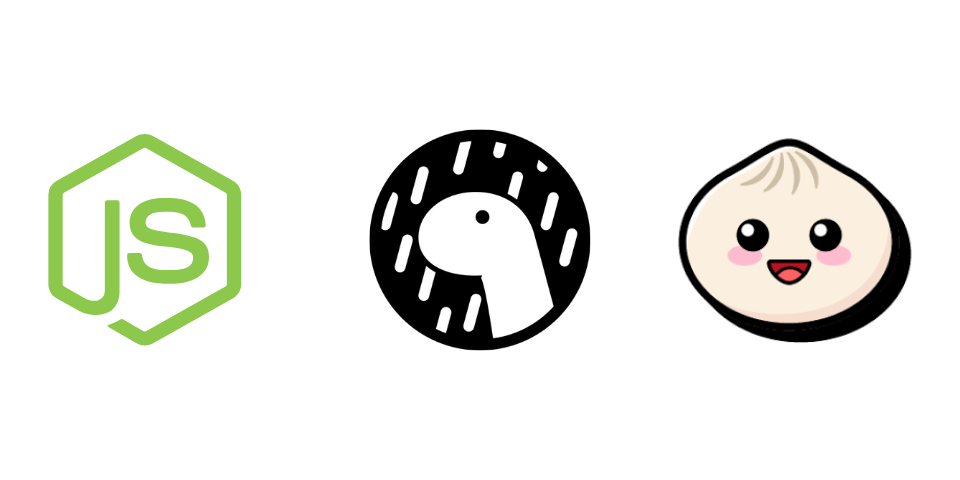
Node vs. Deno vs. Bun - An Overview
Things changed in the JS space. It feels like nowadys, every 5 seconds a new runtime is released. And while they all offer amazing features, it is getting confusing. Especially, if you want to pick one for a new project - but don’t know what you can actually build with it.
The comparison
| Feature | Node.js | Bun | Deno |
|---|---|---|---|
| Node Standard Library Compatibility | Full support for Node.js standard library. | High compatibility with Node’s standard library. However, some features may still lack 100% support. | Partial support. Deno includes its own standard library that differs from Node’s. Uses std/node for compatibility, but it’s not complete. |
| Package Management (NPM Support) | Full support through NPM and Yarn. | Full support for NPM and Yarn, also offers its own bun add for fast installs. | No native NPM support. Uses Deno.land or ESM for third-party modules. However, you can use deno_std/node to integrate some NPM packages. |
| As Build Tool | Can use npm, yarn, or custom solutions (like Webpack, Rollup). | Bundles tools directly: bun add, bun install with very fast package installation and built-in bundler. Can be used everywhere as a faster alternative. | Deno includes deno bundle, deno install, but you must configure your build tools manually. |
| Performance | Well-optimized, but relatively slower than Bun in recent benchmarks. | Extremely fast—advertised as being 3x faster than Node.js for JavaScript and TypeScript execution due to the use of the JavaScriptCore engine. | Good performance but generally slower than Bun, uses V8 like Node.js. |
| Own APIs | Built-in APIs, primarily around networking, file I/O, and streams. | Provides additional APIs such as bun.write, bun.spawn, which aim to simplify I/O operations. | Provides its own secure APIs for file system access, permissions, and more—focused on security and web standards. |
| Deployment | Wide deployment options: widely supported in server environments (AWS, GCP, Azure). | Still emerging but can be used similarly to Node.js in deployment pipelines (supports serverless frameworks, Docker, etc.). | Deno Deploy is a specialized platform for Deno applications; supports edge deployments and seamless cloud hosting. |
| Interoperability with Front-End Frameworks | Fully supported. Used heavily with frameworks like React, Next.js, Angular, etc. | Built with full compatibility for modern frameworks (React, Vue, Svelte, etc.), with faster development workflows. | Can work with frameworks but requires additional configuration. Deno’s focus is more on secure, full-stack applications. |